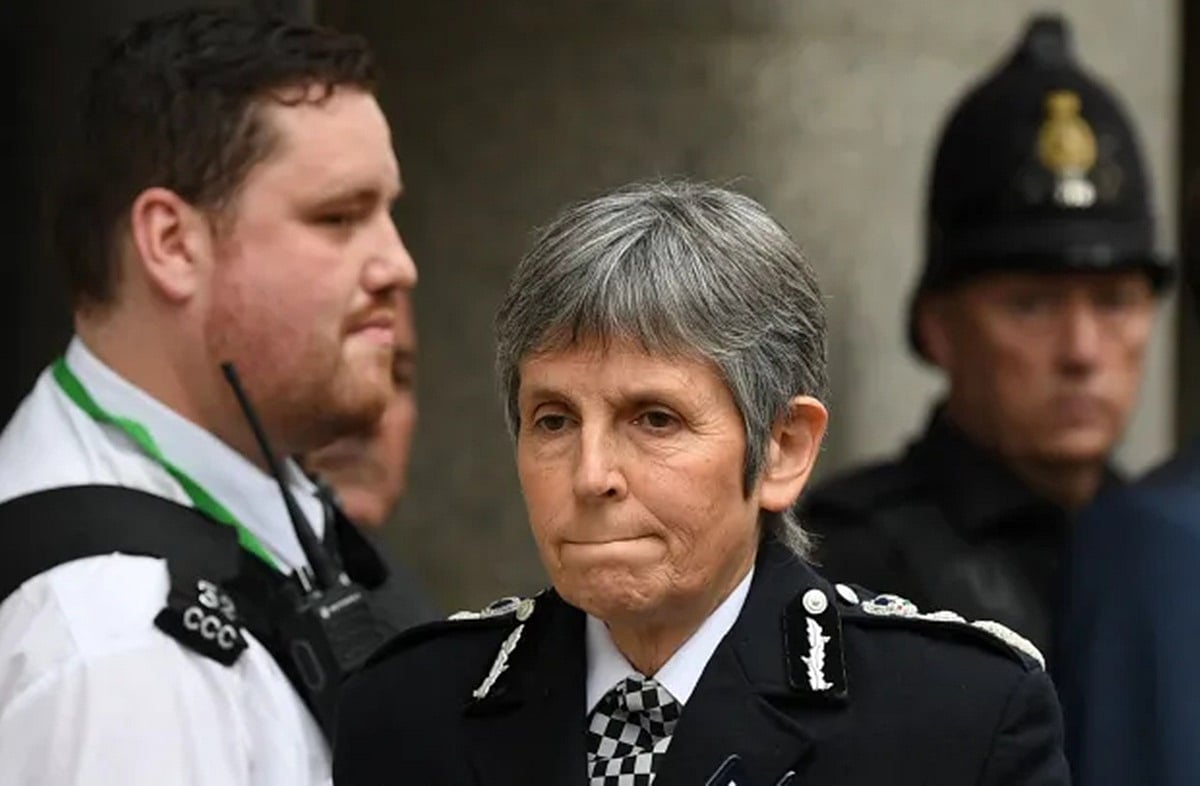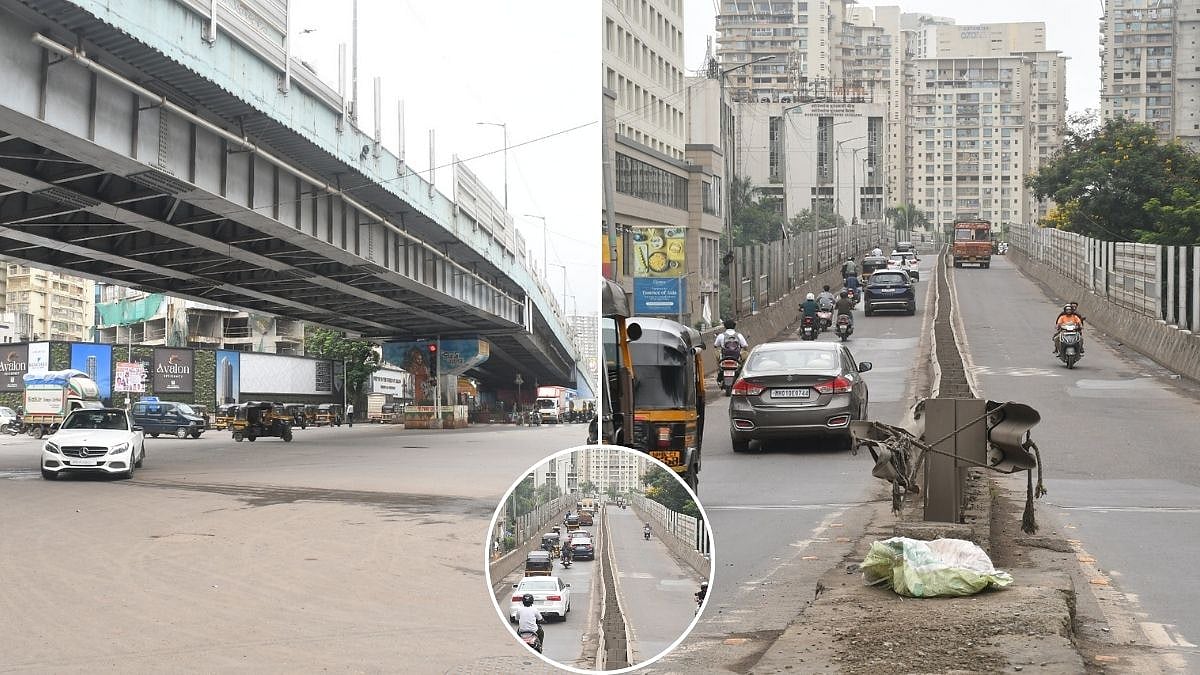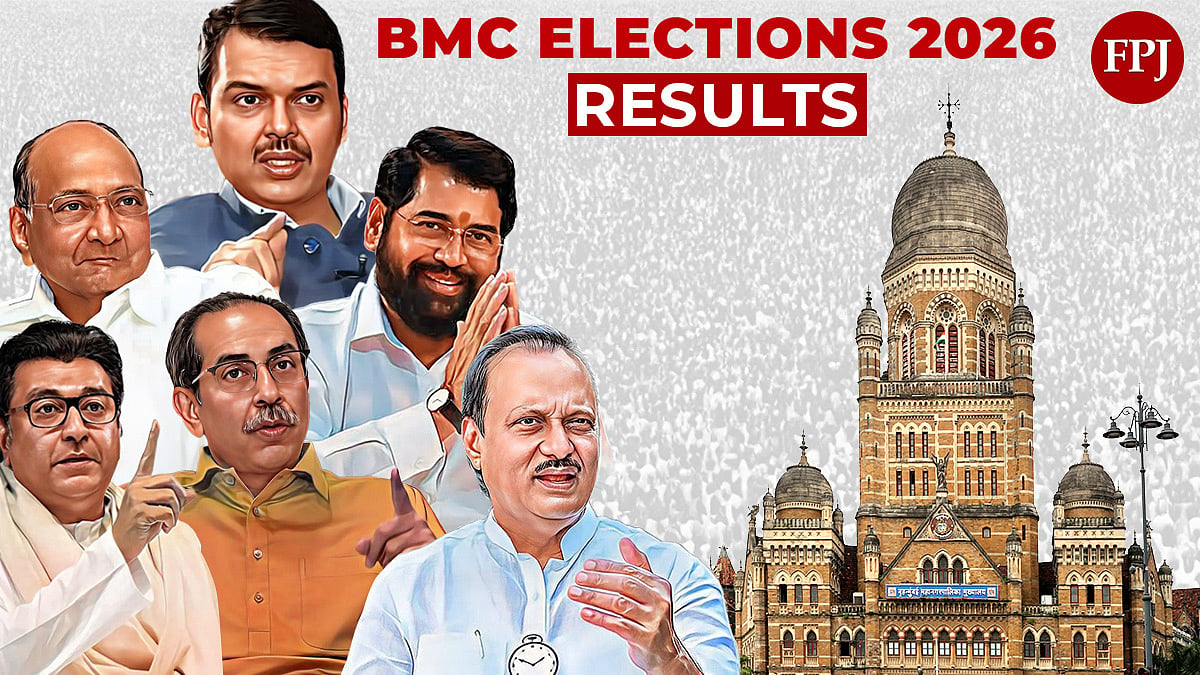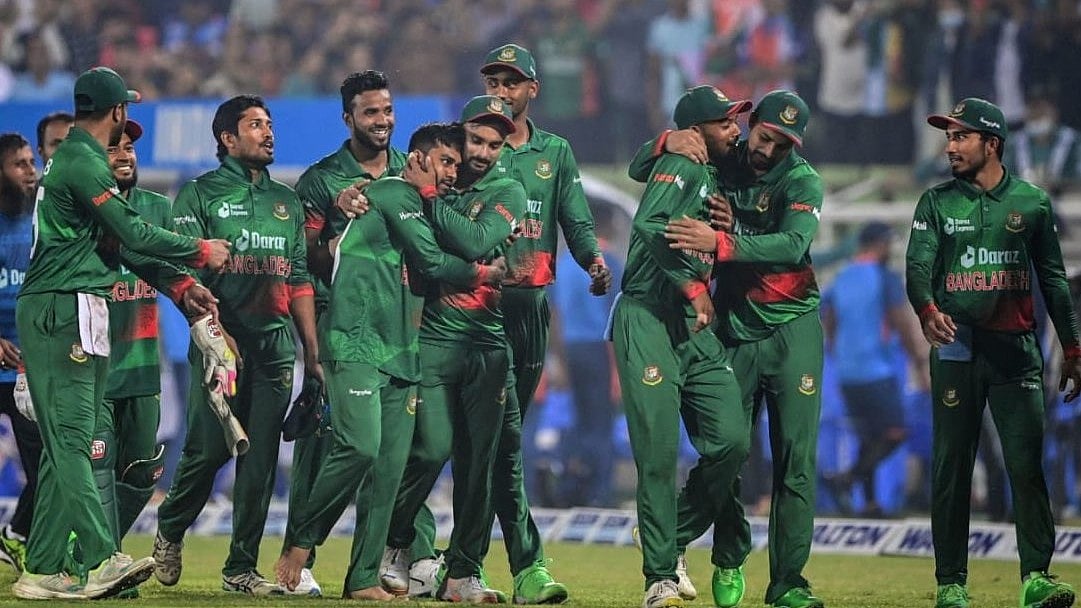London is poised to have a new Police Commissioner. Incumbent Dame Cressida Dick, the first woman to lead the legendary force (traditionally known as Scotland Yard) has resigned. Strangely, it was just a few days ago that she was given a two-year extension, after she had completed five years in office. She had also spoken in public that she had no intention to quit despite a lot of criticism of her handling of the department. She was to meet the Mayor of London Sadiq Khan last week, but decided against it after getting to know that she no longer enjoyed his confidence.
The London Mayor has a big say in the Commissioner's appointment, although, technically, it is the Home Secretary (equivalent of our Home Minister) who picks a candidate.
The current UK Home Secretary, Priti Patel and Commissioner Dick did not exactly have an amiable relationship to start with. Somehow the two had reportedly made peace over the years, and this was why the latter got an extension. Dick's announcement last week before a prospective meeting with the Mayor came therefore as a total surprise to many in the police force and outside, who had grown to admire her steel and resolve, despite the many controversies that had dogged her five-year tenure.
I am fortunate to have had a brief meeting with Commissioner Dick at a Cambridge conference a few years ago when I was impressed with her grace and poise, two qualities which alone however will not ensure success in the tough modern world of policing. Apart from professional competence you need enormous luck to be reckoned as a good leader. Dick's luck had obviously run out. Interestingly, Home Secretary Pail, a Conservative, has clashed with Mayor Sadiq Khan, a Laborite, on Commissioner Dick's departure. This is how politics creeps in the running of the country's most hallowed police force.
The Metropolitan Police (Met) set up under an Act of Parliament in 1839 has a jurisdiction of more than 1500 sq kms. It is the largest of the 43 independent forces in the country, and it inspired the creation later of the New York Police Department (NYPD).
The Met has a manpower of more than 40,000. Despite the mounting problems of a city, whose population is highly diverse - nearly 300 languages are said to be spoken in the city - there has been reluctance on the part of the Home Office to enlarge its strength. The force actually suffered a loss in numbers under the Conservative government. This was widely criticised as a negative move which contributed to a rise in crime in the city.
Successive Commissioners have complained about manpower shortage with only marginal impact. This is the main handicap of the Met. There is also politics in assessing police performance. Savage attacks on the police in Parliament by the Opposition are not unknown.
One major criticism of the Met is that it suffers from institutional racism. A Commission of Inquiry that went into the April 1993 death of Stephen Lawrence, a black youth, in a racist attack by a group of white boys, made caustic comments about the Met investigation. (This incidentally is analogous to the US where the police is squarely accused of being predominantly white and therefore biased against African-Americans). Although criticism on these lines is less intense in the UK, there is a general lack of confidence expressed by a few in the non-White sections for the public in Met's fairness.
There is the additional factor of alleged police prejudice against Muslims. This is therefore a nearly pressure cooker situation where the London police has to be cautious about every step it takes.
Over the years the Met taken several steps to increase the Muslim component of the force. It has also built a nearly stable relationship with the Muslim community. Periodic meetings are held to allay Muslim suspicion of bias. This has certainly paid some dividends. But then we cannot ignore a disconcerting terrorist problem that the Met faces.
Some misguided Muslim youths in the country have shown their inclination to terrorism through links with the ISIS. These have been the brains behind a few unfortunate incidents. Notable of these were the explosions simultaneously in four places in the heart of London on July 7, 2005 which killed 52 people. The perpetrators were two Muslim youths from north of the country. More recently, in June 2017 a terrorist vehicle rammed into pedestrians on London Bridge and killed two, besides injuring many others critically.
Incidents of this kind have spurred the Met to enlarge its antiterrorism squads which have had naturally to keep a close eye on Muslim preachers and happenings within a few marked mosques, where indoctrination of Muslim youth was being reported. Counter-terrorism intelligence and Met's alertness under Commissioner Dick's leadership has received some praise. There has also been a well drafted deradicalization programme launched at the Met's initiative. These have not been acknowledged by politicians and the public as much as they should have been.
What has been held out against Commissioner Dick are the crimes against women and the repeated knife violence committed by young boys. Added to these are they police misconduct against innocent citizens and the poor crime detection rates, especially burglaries, a majority of which have gone undetected.
One criticism that has particularly besmirched police reputation is with regard to alleged lack of sensitivity to gender. This is surprising under a woman police chief. What caused great damage to the Met was the rape and murder of last year of a marketing executive Sarah Everardas as she was walking home from a friend's place. This gory incident shocked Londoners greatly, particularly because the perpetrator was a serving police officer who accosted the victim, slapped false charges on her, forcibly pushed her into his patrol car and subsequently raped and killed her. Mayor Sadiq Khan has since then pleading repeatedly for a change of police culture which was blatantly misogynistic. In his view Commissioner Dick could not bring about this transformation, making her unfit to lead the force.
There are absolutely no complaints of a lack of probity on the part of the departing Commissioner. What has been alleged against her is her alleged incapacity to control the conduct of her personnel and her lack of grip over the crime situation. These unfortunately are charges that can be slapped against the Commissioner of any large city. Very few of the latter can defend themselves against such criticism. We know this from our own experience in Indian cities. This is certainly a permanent phenomenon which makes urban policing a tough occupation.
Looks as if we should be lucky to have a Commissioner who is not only tough and professional, but is a person of high integrity. This is a twin requirement that calls for an apolitical selection devoid of political and caste considerations. It is a matter of speculation whether all our police commissioners have been clinically chosen keeping this exacting standard in mind.
(Dr Raghavan is a former CBI Director, who is currently Professor of Criminal Justice at the Jindal Global University, Sonepat, Haryana)









